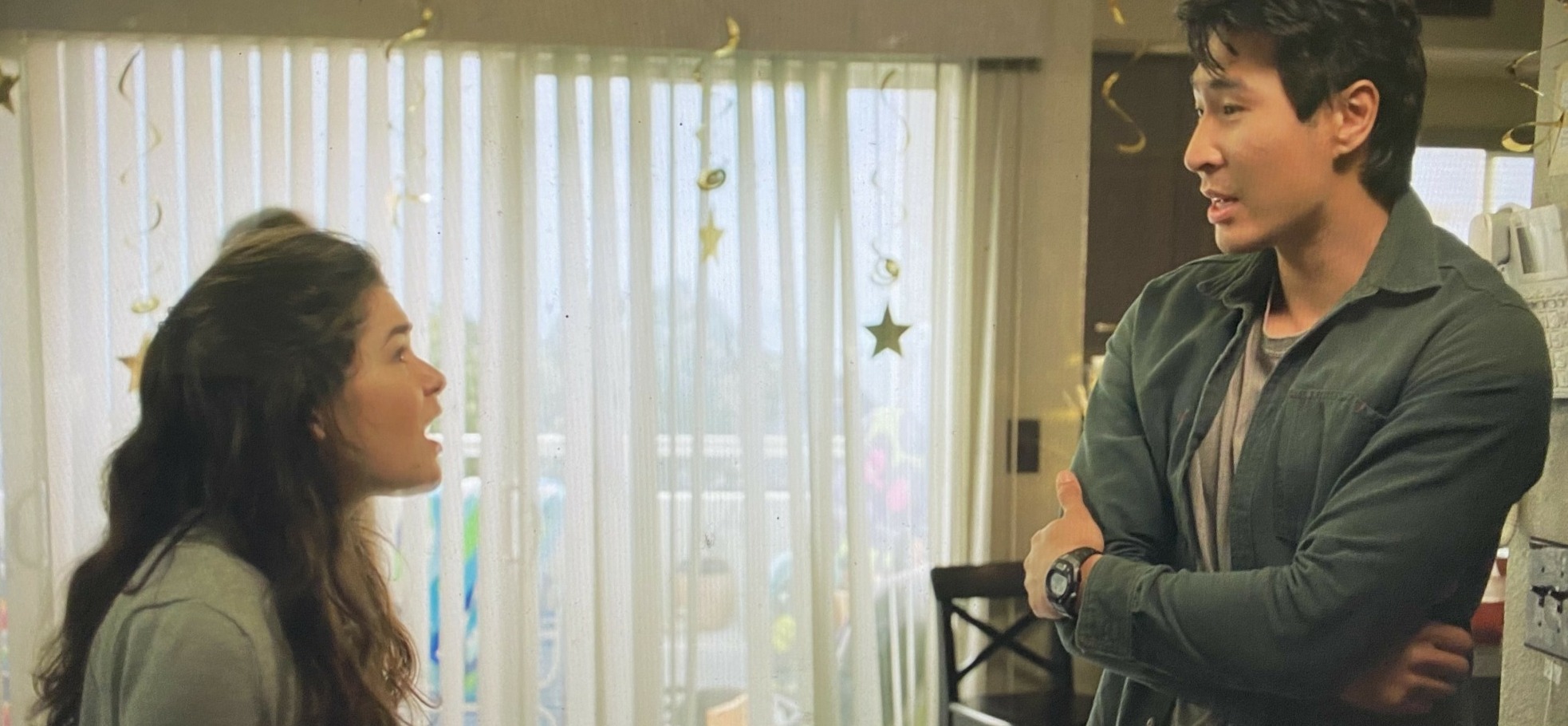We were lucky to catch up with Naomi Rubin recently and have shared our conversation below.
Alright, Naomi thanks for taking the time to share your stories and insights with us today. What’s been the most meaningful project you’ve worked on?
In 2024 a short film I worked on, Thirteen was released. Thirteen is the story of a mother’s fight to have her high needs and non-verbal daughter become a Bat Mitzvah in a congregation that is clinging to the past. It’s based on the writer/director’s experience as the sister of someone with a complex disability. In the film I play Yael, based on Allison Norlian’s sister, Becky. People with high support needs like Becky are almost never portrayed in film and television and when they are, it’s by a nuerologically typical actor. Thirteen was cast authentically and I’m both Jewish and on the Autism spectrum and I felt a great responsibility to portray Yael with dignity and agency. I think the film has moved a lot of people, both those that have never been exposed to a non-verbal person, and to families and people finally seeing themselves on screen. I’m really proud of the film and what it accomplishes, and that I had a role in it.
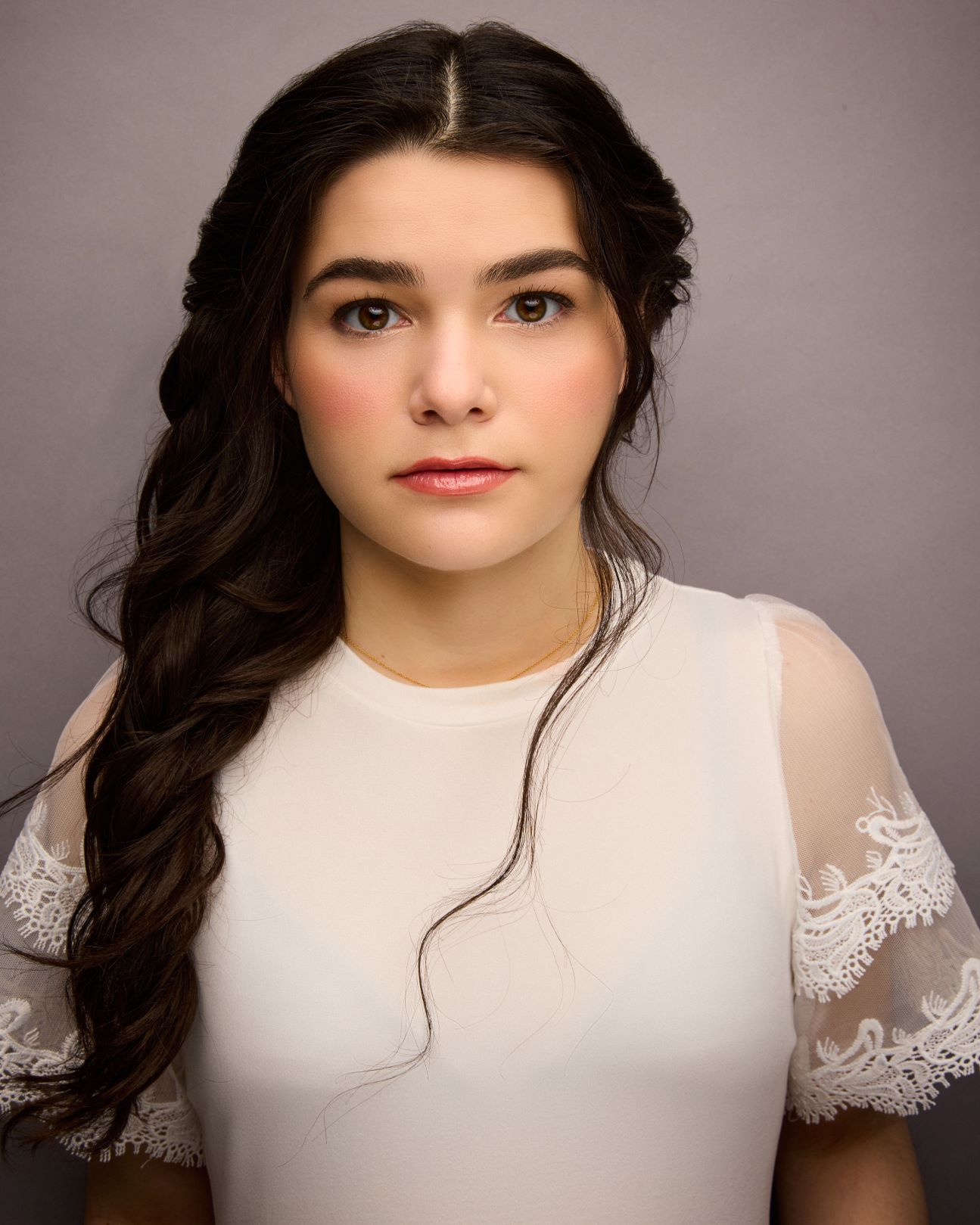
Great, appreciate you sharing that with us. Before we ask you to share more of your insights, can you take a moment to introduce yourself and how you got to where you are today to our readers.
I started acting in fourth grade as a way to express myself, and be part of a creative team. As someone diagnosed with Autism as a toddler, I had struggled with both of those things, and acting became an important outlet and connection for me. I continued through High School, and in 10th grade, I let my parents know I wanted a career in Acting. They were supportive, but adamant about college. I was super disappointed, and secretly hoped to start as soon as possible, That’s until a new Netflix show called Atypical did an outreach to the Autism community to cast their show authentically. I was in 11th grade at the time, and my mom was reluctant to submit me, but eventually did, and I ended up recurring on the show for three seasons. I’ve done a number of films and shows since then, gotten to sing on Broadway, and was invited to join the Road Theater Company in 2023. I’ve also been part of the creative process as an actor and story consultant on short films for the Disability Film Challenge for the past three years, and I love the storytelling process in film from start to finish.
I’m so proud to be a part of the Road Theater Company, which prioritizes new playwrights, and supports their work. In addition to mainstage productions, I’m frequently part of staged readings, and work directly with the playwrights as they shape their work. A couple of the productions I’ve been part of have won awards, including Bisexual Sadness, by India Kotis, for which we won “Best Ensemble” in the StageScene LA Scenie awards.
Autism and disability are integral parts of my identity and I know I bring that lens to my work. Though I have portrayed nuerotypical characters, I see the world differently and I know that comes across in my characterizations. I’m most proud of my role in the short film I mentioned before, Thirteen, which brings so much of what matters to me as an artist together in one place.
I’ve had a number of opportunities to speak about being an Autistic performing artist, and I would like to continue doing that advocacy and increasing empathy and understanding of artists with disabilities.
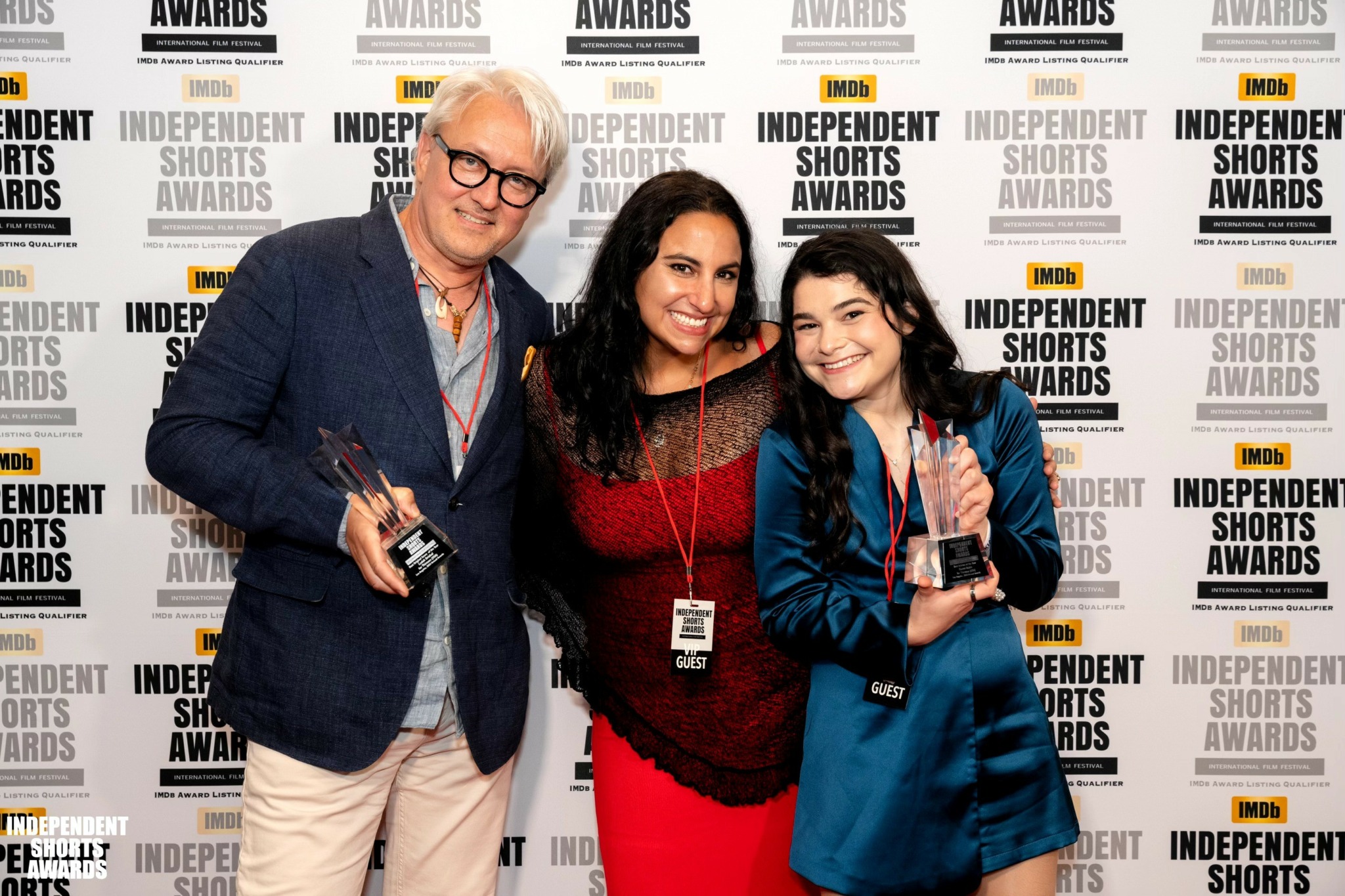
Can you share a story from your journey that illustrates your resilience?
The pandemic of 2020 was an unbelievably hard time to be an actor. I had only acted professionally for a year and a half at that point, and we couldn’t be together for theater, there was no TV or film happening and the first few months were really depressing. At the time I was in a theater company for neurodivergent performers called “The Miracle Project”, and we started to meet on Zoom to support each other, but soon we decided to create a musical film that would integrate all of our individual work together, through editing and technology so we could continue to perform and collaborate. It was tedious at times, but it was also really joyful to still create individually and collectively, despite our isolation. There were other lessons in resilience, like learning how to audition effectively through self-tapes. I was reluctant then, and I still don’t like them compared to live auditioning, but I bounced back because we had to, and even booked twice during that first year. I hope we never experience anything like 2020 again, but I learned that whatever fixed rules you have in your head as a creative person can be broken through and overcome.
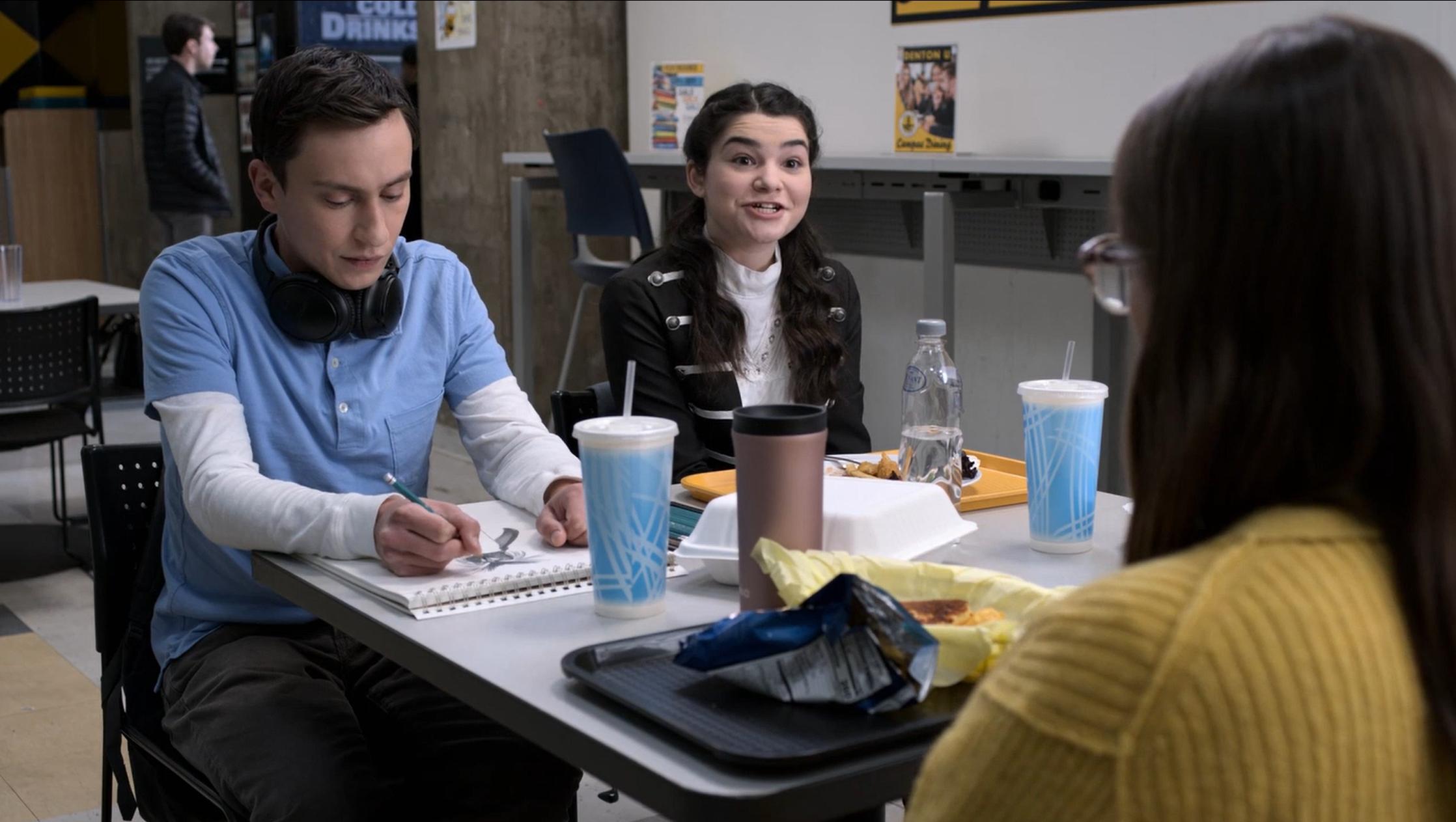
What do you find most rewarding about being a creative?
The most rewarding thing for me is to be able to express myself, to continue the passion I developed as a child for make believe and to be seen and heard while doing it. When a project or a play is going in the right direction, I feel like my point of view as an artist and a person is being received, and it’s a magical experience.
Contact Info:
- Instagram: @naomirubinofficial
- Other: imdbimdb.me/NaomiRubin
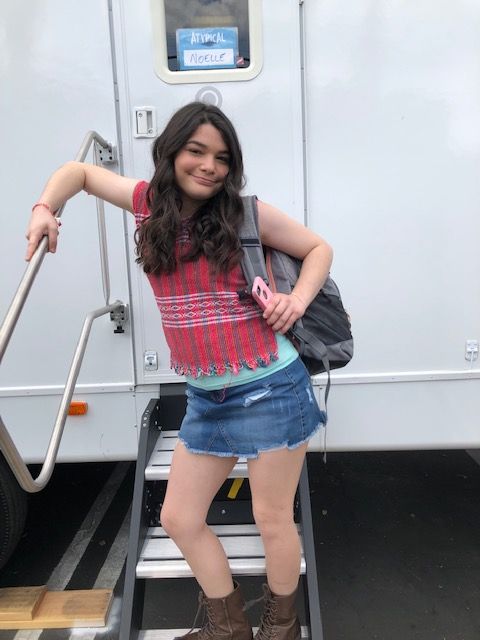
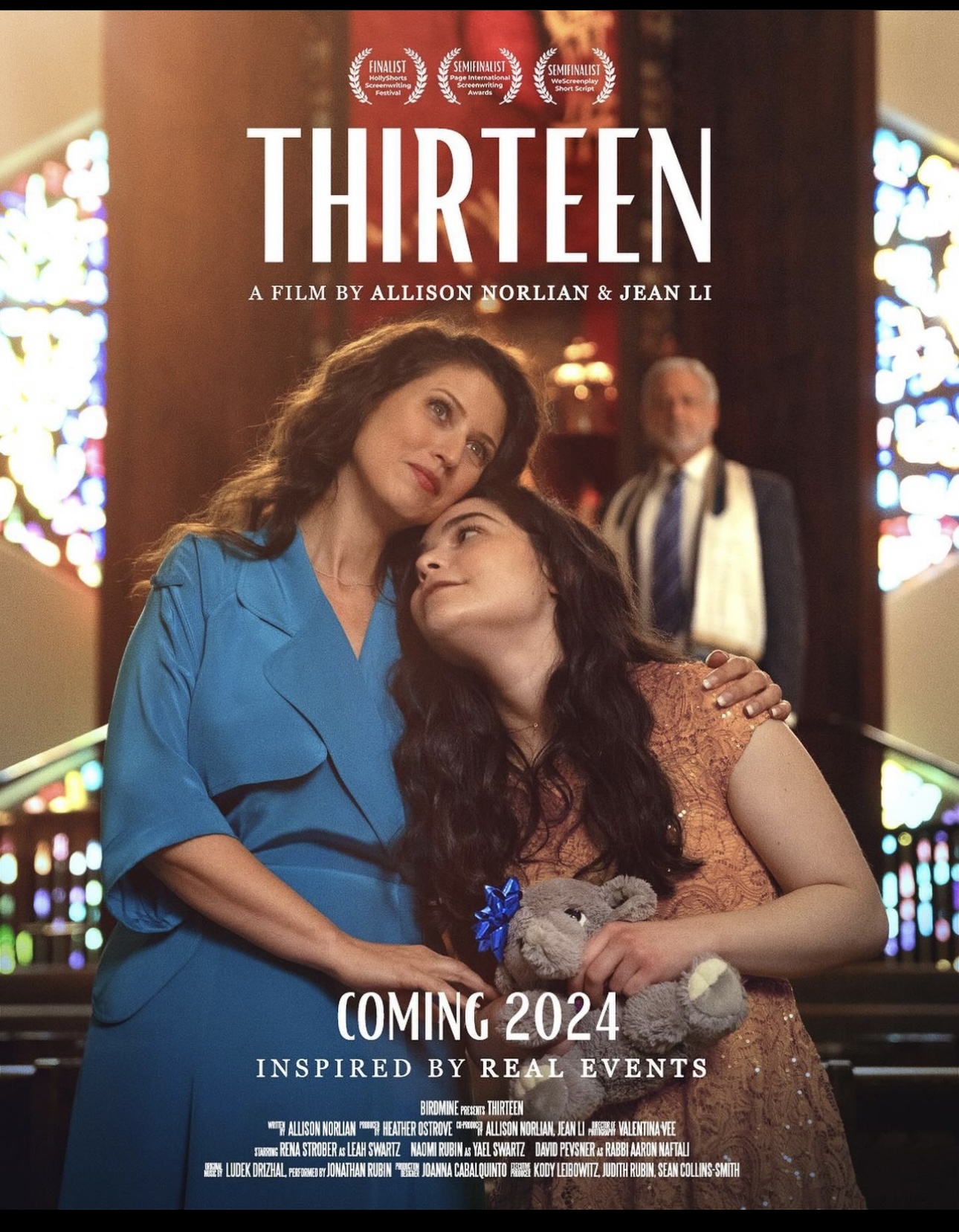
Image Credits
James Di Pietro
Judith Rubin
Birdmine


